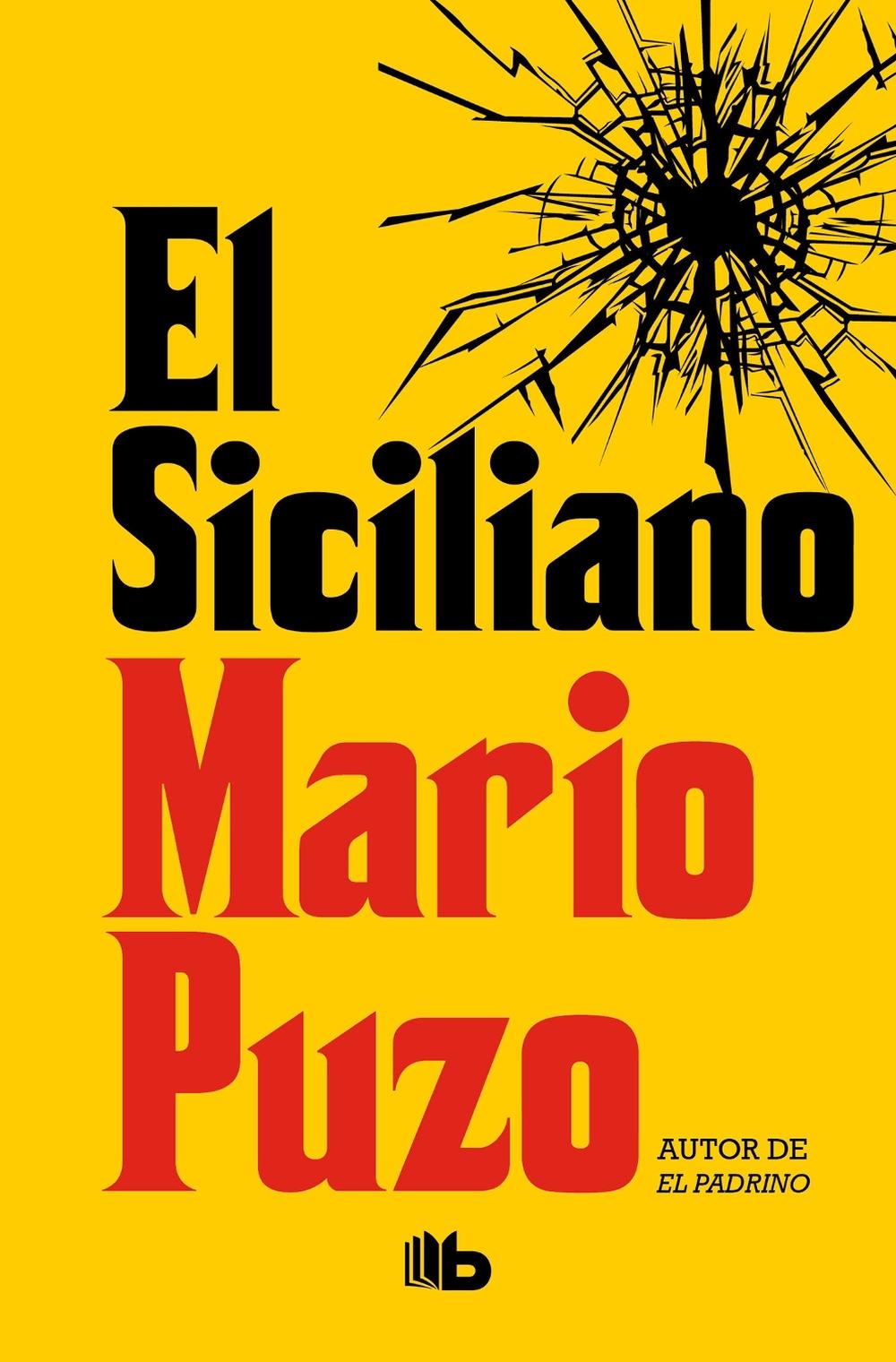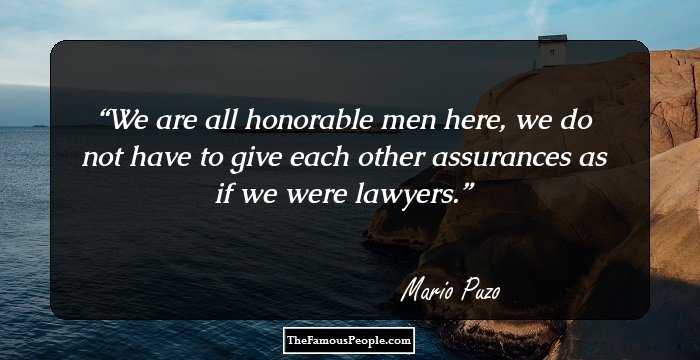
The saga was adapted to screen by director, Francis Ford Coppola which made The Godfather a worldwide phenomenon. The success made way for two sequels, The Godfather II and The Godfather III. It remained on The New York Times bestsellers list for sixty-seven weeks establishing Puzo as one of the greatest writers in the world. The Godfather was published in 1969 which was a huge success. The setbacks of the first two books did not stop Puzo from giving it another try and this time he produced a bestseller. Ten years later, his second book, The Fortunate Pilgrim was published giving Puzo the same response. Although the book was critically welcomed with excellent reviews it did not prove to be of much help during Puzo’s financial crunch. Deciding to choose writing as a career at the age of twenty-eight, Puzo published his first novel, The Dark Arena in 1955. All the while writing, Puzo worked at various government offices as administrative assistant and as writer/editor at different publications. In 1950, The American Vanguard published Puzo’s story, The Last Christmas. The second important woman in Puzo’s life was Carol Gino, Erika’s nurse who became Puzo’s companion after Erika’s death in 1978. The couple had two daughters and three sons.

In 1946, Puzo tied the martial knot with Erika Lina Broske, whom he had met in Germany.

Upon return to the United States, Puzo continued his studies taking classes in literature and creative writing at the New School for Social Research and Columbia University.

He also served as a civilian public relations man for the Air Force in Germany after the war. He graduated from Commerce High School and worked as a railroad switchboard attendant to support his family, soon after which he was stationed in Germany and East India during World War II while serving for the US Air Force. Although Mario’s mother wanted him to be a railroad clerk, Mario had began taking an interest in spending time in libraries and discovering different works of literature. Still in his teens, deserted by his father, the family moved to a housing society in Bronx. Son of illiterate and poor immigrant parents from Avellino, Naples, Mario was born on Octoin an area of New York referred to as Hell’s Kitchen.


 0 kommentar(er)
0 kommentar(er)
